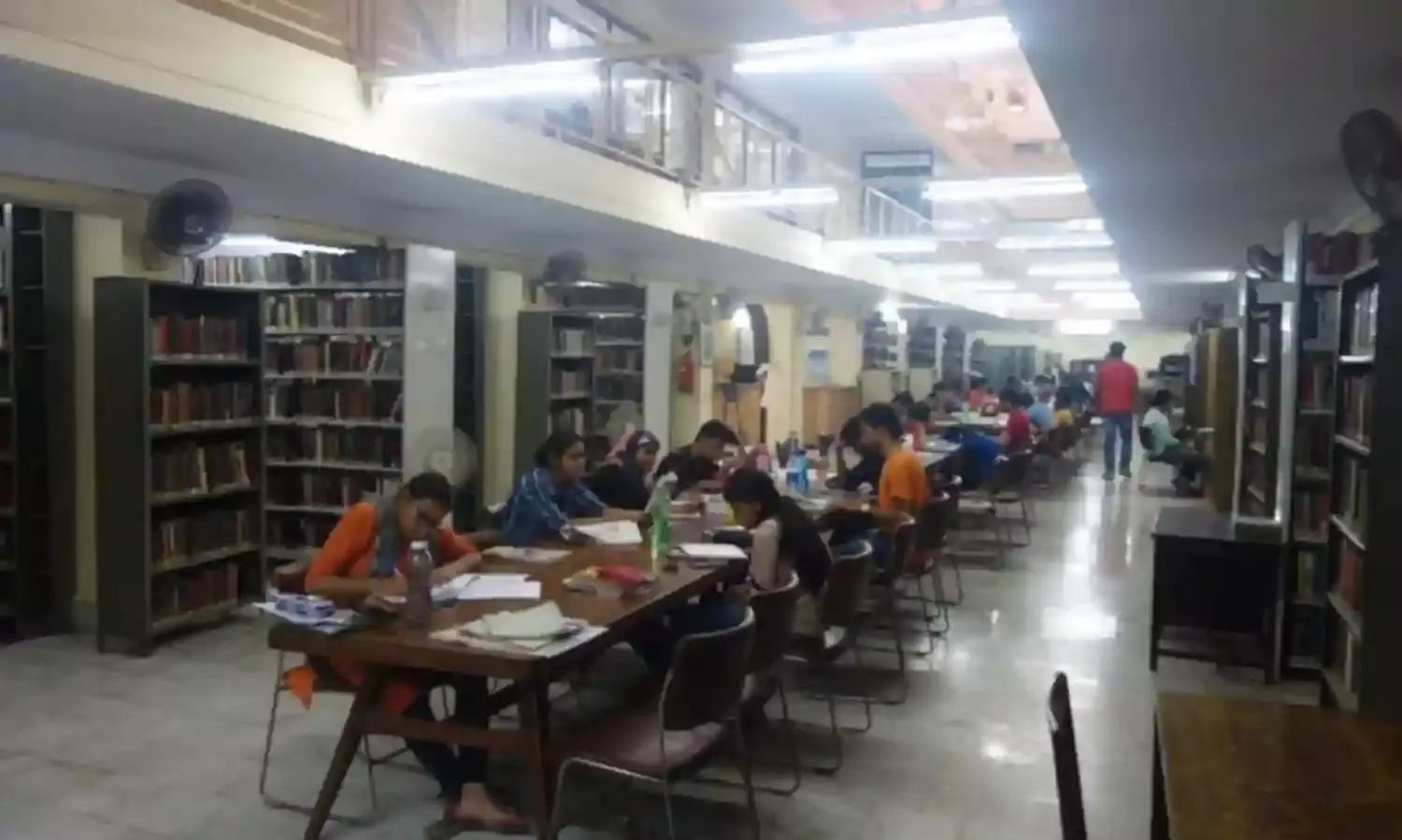Exploring The Relevance Of Libraries In The Internet Age
We visit libraries in Delhi to assess their relevance for the younger internet generation;

NEW DELHI: The world over, the digital age has seen the decline of libraries -- with more and more governments cutting crucial funding that supports public libraries. As the younger generation turns to the internet, Pankaj Singh, a Librarian at Dyal Singh Public Library. sums up the importance of libraries in the statement “libraries are the real heritage of a city.”
In the last two decades, the advent of technology has led to a huge increase in consumer options. Online ecommerce stores (Flipkart, Amazon), smart phones, e-readers and tablets have entered our fast paced lives. For all the convenience they brings, we have seen a huge shift in how we choose to read -- e-books have become as common as paperback books itself, and the trends show that e-books will only increase in popularity as time goes by.
So, would it be a logical to infer that fewer people would take the trouble of visiting a library? By extension, it’s worth asking the question -- are libraries now becoming redundant? Let’s look at a few prominent libraries in the New Delhi to provide some insight into the troubling question.
Delhi’s oldest library, Hardayal Municipal Public Library, is over 100 years old now. Located in a silent alley of Chandni chowk, the library is fully packed even on a hot summer afternoon. Everything is still old school here with plans of having an e-library not an immediate concern. Sunita, who is studying for her bank examinations here, says, “I come here because there isn’t enough space in my house to study peacefully. I get AC, too, here.”
Like Sunita, many students who are regular faces at the Delhi Public Library (DPL) and Dyal Singh Public Library (DSPL), are looking for a quiet, cool and convenient place to study in the summer. Public libraries across the city are a favourite study location for aspiring students. Every reading table at these libraries had a competitive exam book on it.
(Reading room, Dyal Singh Public Library)
As per records at DPL and DSPL, their membership has been rising over the years. Most come here for economical reasons but demands for books are not restricted only to competitive exams books, which partly explains the 2 lakh+ multilingual books at DPL and around 43000+ at DSPL.
According to Directorate General of DPL, Dr. Lokesh Sharma, “e-materials are not complete replacement for books. They have authenticity and dependability issues. Depending on kind of experiences people are having using materials off internet, their preference to e-material over books would vary from people to people, circumstances to circumstances and period to period.”
Trend of increasing membership is witnessed even in more research and literature based libraries of the city like Nehru Memorial library and Sahitya Akademi Library. “Over the years, we have seen more people coming to our library, especially those who are researching in inter-disciplinary field”, says Dr. Ajit Kumar (Library & Information Officer), Nehru Memorial Library.
Here, availability of scholarly works and quality control by the library are major contributing factors. For researchers and freelancers, internet turns out to be a place full of uncatalogued information, filtering through which is both time consuming and tiring. Most of the journals are not available online. Among those which are available, many are not accessible by everyone. Members get access to them through library’s e-platform.
“The Library is a place of knowledge dissemination. Number of people visiting library doesn’t matter as much as potential users. We get request from all over India for references from rarest books collection which we maintain. There are around 10-15 people who have been regular to our library for over 20 years now. Internet can supplement the knowledge from books, but books are here to stay.” says Dr. Sufian Ahmad (Librarian), Sahitya Akademi Library.
(Reading room, Sahitya Akademi)
While the internet is no substitute for library for most researchers and book lovers, digitalization of these libraries is still a task that needs attention for bringing them near world-class standards. Copyright issues are the major hurdle in the digitization process. For full digitalization, one has to wait till an appropriate government act comes into place.
Another step towards making our libraries better would be stocking them with more books based on what readers want. This will require allotting larger infrastructure to the libraries for storing books physically and making more seating space for visitors.
(Bookshelves at Sahitya Akademi to maximize available space.)
While the preference of library over internet remains a grey area, an interesting voice to be heard on the matter in years to come will be of Nabhya Sharma, who holds the honour of being the current youngest member of Delhi Public Library, at the tender age of just 4 years.

